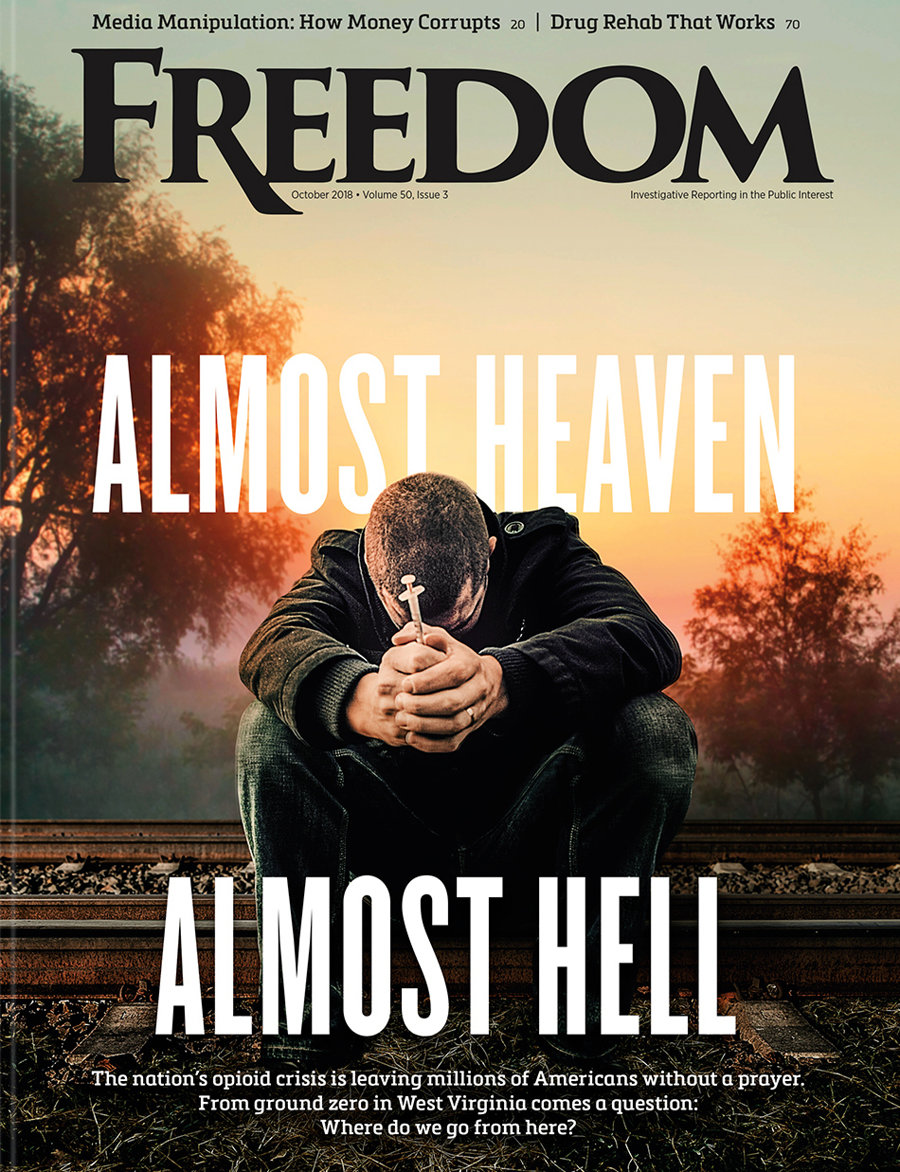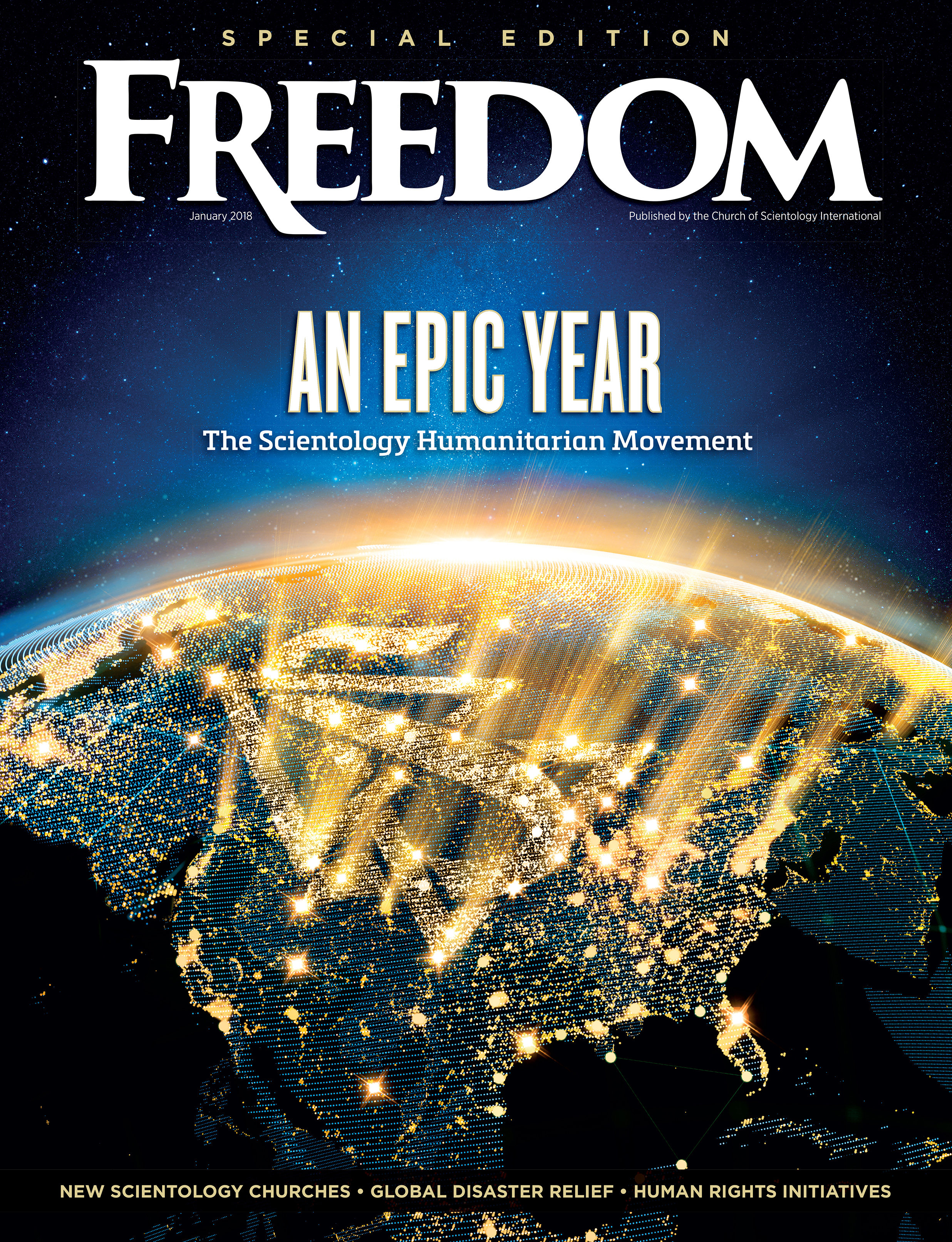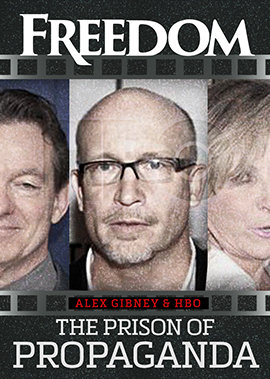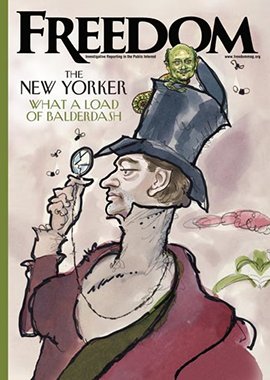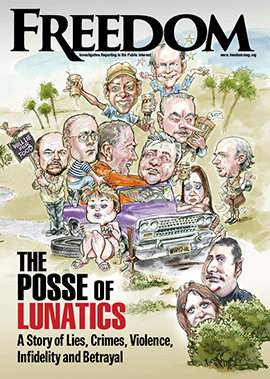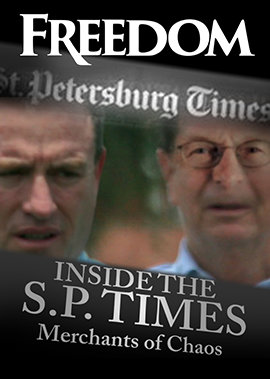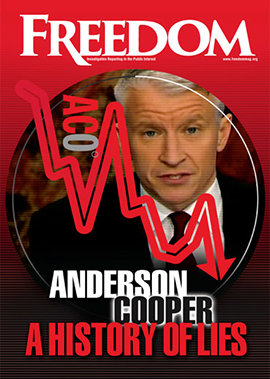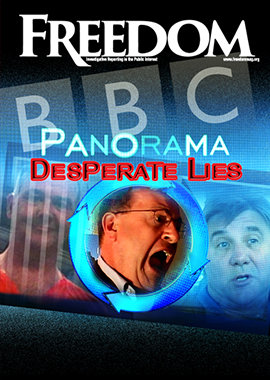No? Are you sure? Take a closer look.
People think of human trafficking as being sold into sexual servitude, but the reality is sometimes prosaic and even more shocking: Around every corner, including the place where you pick up your fast-food sandwich, there may be people living in literal slavery—and nobody knows it.
To wit: For over four years, from 2015 to 2019, nine Czech victims of human trafficking worked at a McDonald’s restaurant in Caxton, Cambridgeshire, England, and restaurant managers never noticed that they were enslaved.
According to a BBC investigation published on September 29, their traffickers were just convicted in two cases delayed by COVID.
Even though the paychecks of the captive minimum-salaried fast-food workers at McDonald’s were paid into bank accounts in other people’s names—and the paychecks of four of them were being paid into a single account—it never occurred to McDonald’s management that something was very wrong.

A family gang of six Czechs, sort of an Eastern Europe mini mafia, scammed the workers—mostly homeless or drug-addicted Czechs—into believing that good-paying jobs and a life of luxury were waiting for them in Great Britain.
But when they arrived, they found that they were trapped, living in a rundown, unheated hell of a house and a drafty storage shed.
The case serves as a frightening warning of how widespread and hidden human trafficking can be.
They worked like dogs, 70 to 100 hours a week. One slave worked a 30-hour shift, because the more hours they worked, the more money they brought in for the gang.
It was a highly profitable racket, netting the gangsters around $285,000 in total from the workers’ confiscated salaries. They spent it on luxury cars, gold jewelry and a home in Czechia.
When Cambridgeshire police raided the slaves’ home, they found them living in filthy, deplorable conditions.
Detective Inspector Melanie Lillywhite said they were treated “like livestock,” fed just enough “to keep them going,” and controlled by “invisible handcuffs” like video monitoring.
“They really were cut off from the outside world,” she said.
The operation was run by burly, threatening gang-member brothers Ernest and Zdenek Drevenak, along with a Veronika Bubencikova. Of the 16 total victims, nine worked in a bakery—Speciality Flatbread—that supplied breads to popular British supermarkets like Asda, Co-op, M&S, Sainsbury’s, Tesco and Waitrose. Nine worked at the McDonald’s, with two of the victims working at both sites.
The gang held the victims’ passports and threatened them with beatings if they tried to escape. They were watched on video cameras and refused use of a telephone. In a foreign country, speaking no English, living in terror, they had no idea where to turn for help. An English-speaking gang member sat in on their interviews as an “interpreter” and filled out all their job applications.

Even if the enslaved workers managed to escape and return home, the Drevenaks could get at them back in Czechia. One of the victims said, “We were afraid. If we were to escape and go home, [Ernest Drevenak] has a lot of friends in our town.”
Several of the grocery stores purchasing breads from the factory run by the Drevenaks stopped using the company when they began to suspect that human trafficking was going on, but took no other action, like calling police.
The case serves as a frightening warning of how widespread and hidden human trafficking can be. We never know how many helpless slaves walk and work among us, at fast-food restaurants, fancy homes or car washes, construction sites or gardening crews.
Former Prime Minister Theresa May, who now leads the Global Commission on Modern Slavery and Human Trafficking, said the case was “frankly shocking.”
“This case goes to show that, sadly, slavery can happen anywhere.”
When police broke up the racket, Ernest Drevenak and Veronika Bubencikova were convicted and given lengthy prison sentences.
Police noted that McDonald’s cooperated fully with law enforcement once they became aware that their employees were victims of human trafficking.
“When [McDonald’s] recognized the loophole that allowed these offenses to take place, they put measures in place to prevent it,” Cambridgeshire Detective Constable Nick Webber said, adding that the company has “provided significant support when relocating the victims.”
McDonald’s operates 1,400 restaurants and employs over 170,000 people in the UK.
Police said the franchise owner, Ahmet Mustafa, was only “exposed to the full depth of these horrific, complex and sophisticated crimes” when he cooperated with police.
According to a UK House of Commons Committee report, there are at least 100,000 victims of modern slavery and human trafficking in the UK.
“This case goes to show that, sadly, slavery can happen anywhere,” said Webber.
Anywhere—even here.
For many years, the Church of Scientology has led the fight against human trafficking through its sponsorship of the United for Human Rights campaign—providing educational materials in 17 languages across the globe to parents, teachers, officials, advocates and youth to raise public awareness of the tragedy of human trafficking and of Human Right #4, No Slavery.






